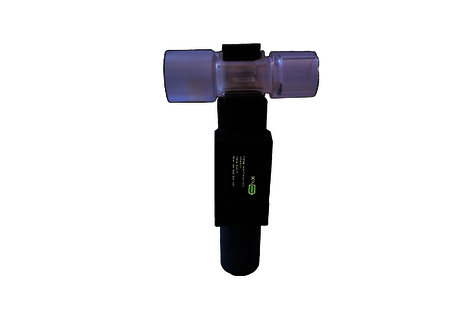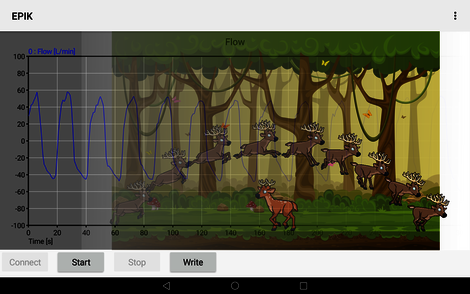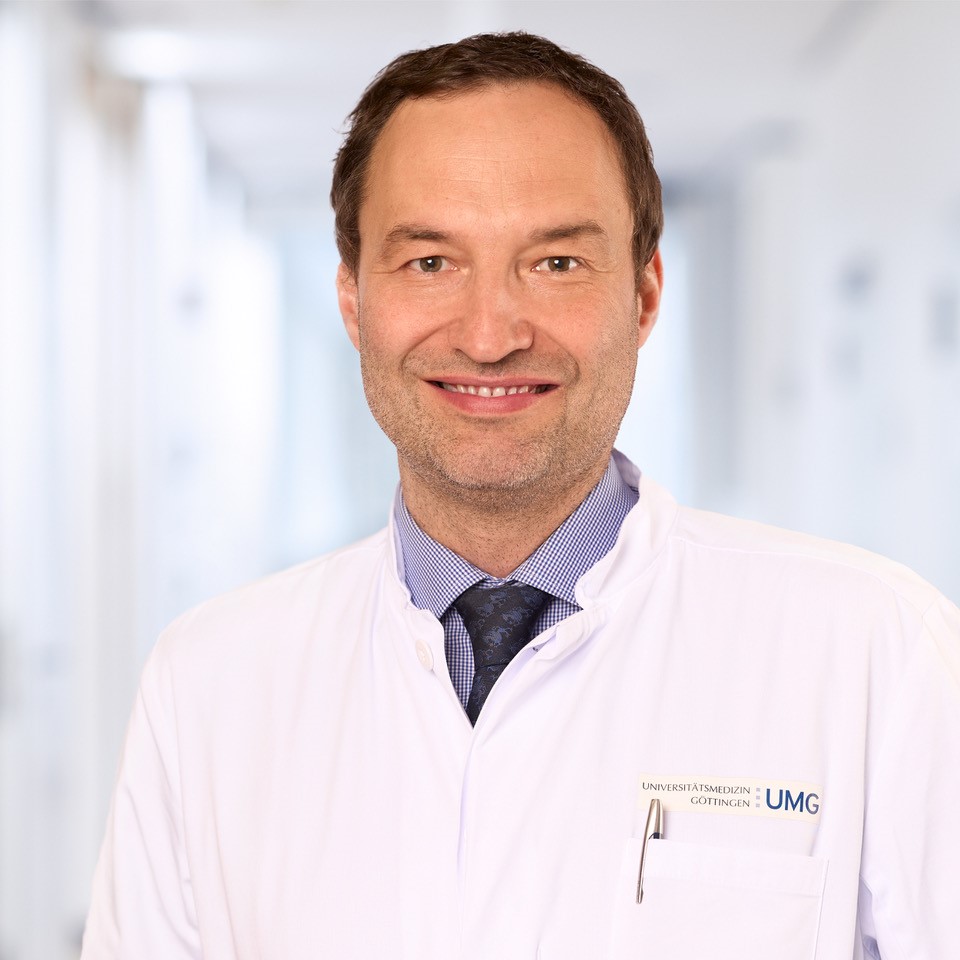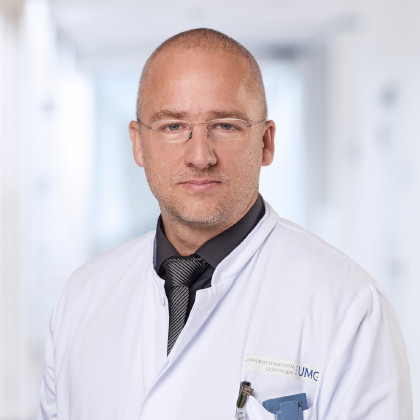Gamefication of Incentive Spirometry to Improve Motivation, Frequency and Correct Use
Background
Postoperative respiratory complications such as atelectasis, pneumonia, and prolonged mechanical ventilation pose significant risks to patients, leading to increased morbidity, extended hospital stays, and economic burdens. Incentive spirometry is commonly used to mitigate these issues, but its effectiveness is often reduced due to incorrect or infrequent use. To address these limitations, we developed a novel gamified incentive spirometry system aimed at enhancing patient motivation, adherence, and accuracy in respiratory training
("Entwicklung einer Personalisierten Incentive-Spirometrie zur Reduktion postoperativer Komplikationen" - EPIK).


Methods
Our system includes a reusable mouthpiece, a flow sensor unit, and a microcontroller that wirelessly connects via Bluetooth to a dedicated tablet application. The application integrates a 2D platforming game where a patient’s breathing maneuvers control character navigation through obstacles. Machine learning algorithms analyze patient performance and adapt the game’s difficulty and pacing in real-time based on pulmonary status. This adaptive mechanism allows for personalized therapy, accommodating varying lung capacities, endurance levels, and therapeutic needs, particularly in (neuro-)critical care patients.


Results
A preliminary study assessed the prototype’s feasibility and effectiveness. Volunteers engaged with the device to complete progressively challenging game levels requiring precise respiratory control. Key findings included:
- Increased adherence: Gamification significantly boosted participation frequency and exercise duration.
- Positive user feedback: Participants preferred the gamified experience over traditional spirometry, citing higher motivation and engagement.
- Accessibility: The intuitive design with large interactive elements proved effective for participants with sensorimotor challenges.
- Sustainability: A reusable flow sensor and single-use recyclable mouthpiece minimized medical waste.
Conclusions:
Our innovative device integrates incentive spirometry with adaptive gamification, transforming respiratory therapy into a personalized and engaging experience. This approach holds promise for improving patient adherence, reducing postoperative pulmonary complications, and decreasing hospital stays. Future research will focus on large-scale clinical trials to further validate these findings and refine algorithmic adjustments for a broader range of respiratory conditions.
Team

Kontaktinformationen
- E-Mail-Adresse: konrad.meissner(at)med.uni-goettingen.de
Sekretariat
- Telefon: +49 551 3967701
- Telefax: +49 551 3967702
- E-Mail-Adresse: anaesthesiologie(at)med.uni-goettingen.de

Kontaktinformationen
- E-Mail-Adresse: leif.saager(at)med.uni-goettingen.de
Sekretariat
- Telefon: +49 551 3967711
- Telefax: +49 551 3967712
- E-Mail-Adresse: anaesthesiologie(at)med.uni-goettingen.de

Kontaktinformationen
- Telefon: +49 551 3967740
- Telefax: +49 551 3913329
- E-Mail-Adresse: onnen.moerer(at)med.uni-goettingen.de

Kontaktinformationen
- Telefon: +49 551 3963835
- E-Mail-Adresse: t.schulze(at)med.uni-goettingen.de
Ingmar Finkenzeller - Facharzt für Anästhesiologie
Ralf Sowa - Facharzt für Anästhesiologie